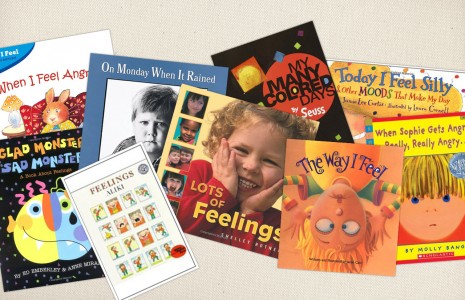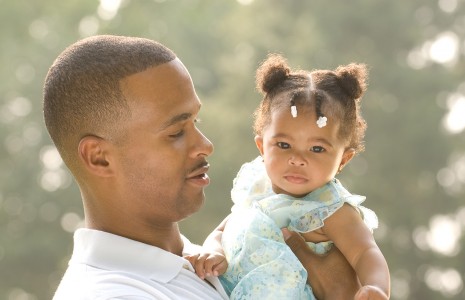Your child’s first years are a crucial time for social and emotional development. Children are not born with the ability to recognize their emotions, control their behavior, or understand the social world around them. These fundamental social and emotional skills — like most others — must be learned through experience.
Self-control — having the ability to regulate your own behavior — is an important life skill with long-term benefits. Research shows that children who exhibit self-control tend to have fewer behavior problems in school and are less likely to struggle with aggression, anxiety, and depression. Self-control has also been linked to school readiness.
Self-control is a skill all children need to learn in order to fit into and function successfully in society. When a child is able to control his impulses and modify his behavior when necessary, he tends to have better critical thinking skills, to be more ready for school, and to have better relationships later in life. Children may seem to show a complete lack of self-control, but they are learning early self-regulation skills that form the basis for later self-control.
Adaptability is a vital trait for the human species. Being adaptable lets us modify our behavior to meet challenges and work through complex tasks with confidence instead of anxiety. On the flipside, inflexible people walk a hard path. They can’t adapt to difficulties and are frequently derailed by change.
Anyone who has spent time caring for a toddler knows at least one thing about this stage of childhood: when it comes to emotions and behavior, chaos often seems to be the rule rather than the exception.
Is it possible for your baby to become too attached to you? That’s the question many parents may find themselves pondering at some point during their child’s first years. Mothers and fathers can often confuse being attentive to a newborn or toddler’s needs with smothering or spoiling the child.





